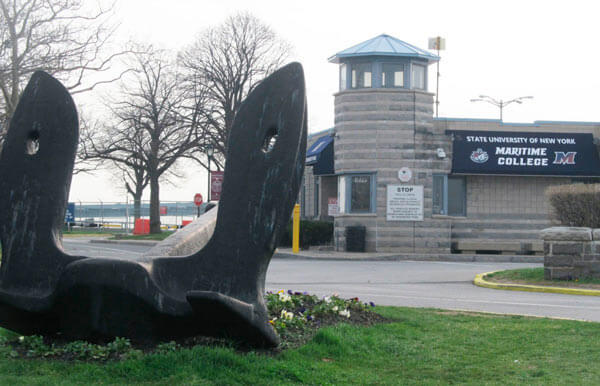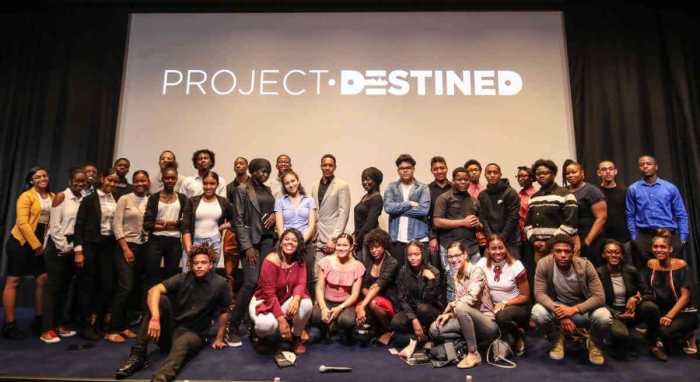SUNY Maritime continues to rank high in terms of graduates’ starting pay and ‘return on investment’ in terms of tuition.
The state college located in Throggs Neck, which trains students in engineering and seafaring careers, ranked fifth in the nation in SmartAsset’s recently released third annual study in terms of where college students are getting the most return on investment for their educations.
The school ranked in a top ten list that included Ivy League schools Stanford, Harvard and Princeton and prestigious technical universities like Massachusetts Institute of Technology and Georgia Tech.
With an average starting salary of $69,700, according to the study, and tuition costing $7,446 with scholarships and grants averaging $5,886 per year, the school received a 86.94 ‘college education value index’ in the study.
Another annual study conducted by Paysc
The school’s assistant director of career planning and development, Michelle Reina, said that she believes the higher salaries have to do with the offshore maritime and engineering fields the students attend the college to enter.
The nature of the curriculum does not allow time for self-reflection or academic exploration, with many of the students spending between 45- to 90-days at sea over summer recesses, she said.
The school has its own training vessel, the Empire State IV, she said, and for the students who choose an offshore maritime track at the school, this is a classroom.
“It is a unique field,” she said. “You come here knowing exactly what you want to do and get into.”
While many students pursue engineering careers on land, said Reina, many SUNY Maritime students work to obtain a Coast Guard license permitting them to work as merchant mariners, said Reina.
Once they graduate and are certified they could be at sea four or five months at a time, she said.
“They don’t have days off, they are working every holiday,” she said. “That is really where their salaries (rise)…it is definitely students that are shipping out that increase the overall salaries.”
She added that she does not believe it is a field for everyone, and that typically the students who do become merchant marines sail for five to ten years and then transition back to land-based employment.
“When they transition back to land, it makes them so much more marketable,” she said. “If you can run a power plant on ship, you can run it on land.”
A number of graduates who do not go to sea or accept engineering positions work in the shipping industry, just on land in the import/export or marine insurance fields,” she said.
Before a student would become a part of the school community, they would have to show a real interest in the maritime engineering field, said Reina.
“If they come here saying ‘I want to do political science or liberal arts,’ it is completely the wrong school,” she said.




















